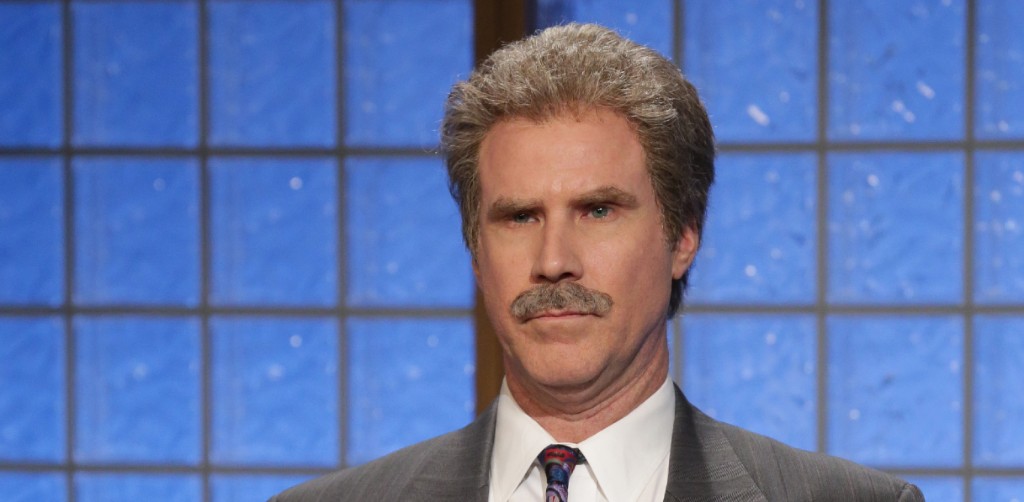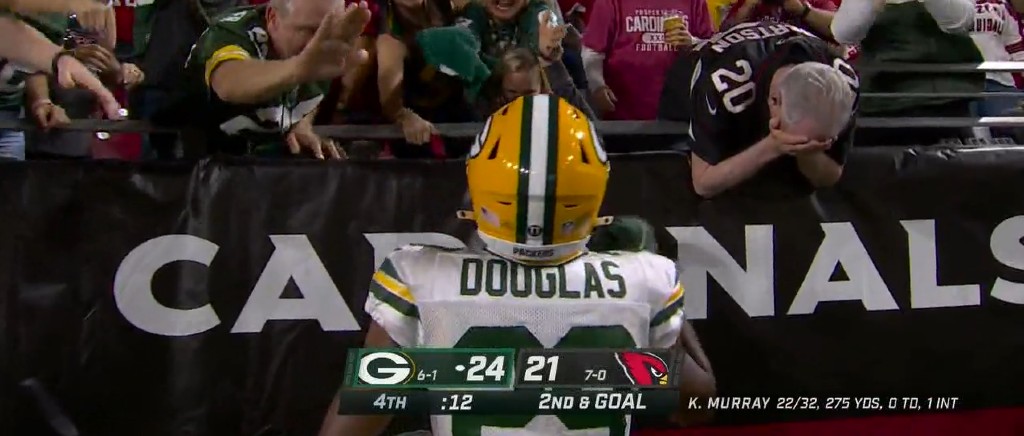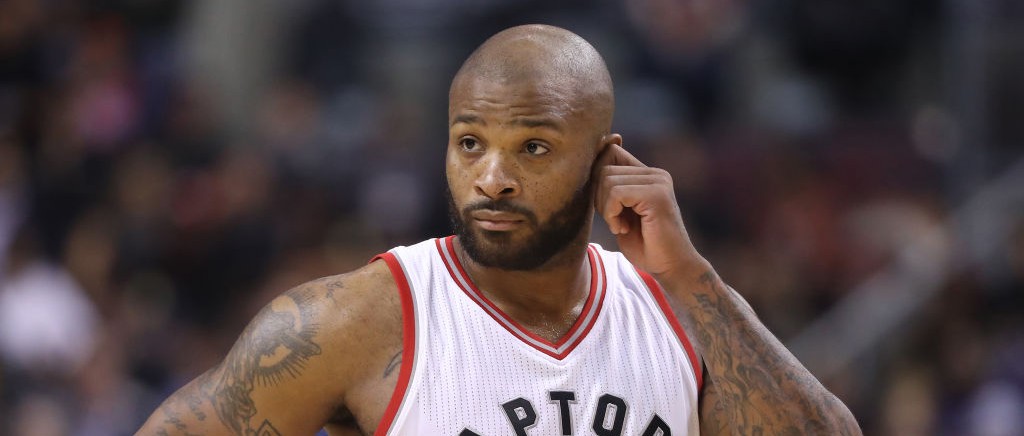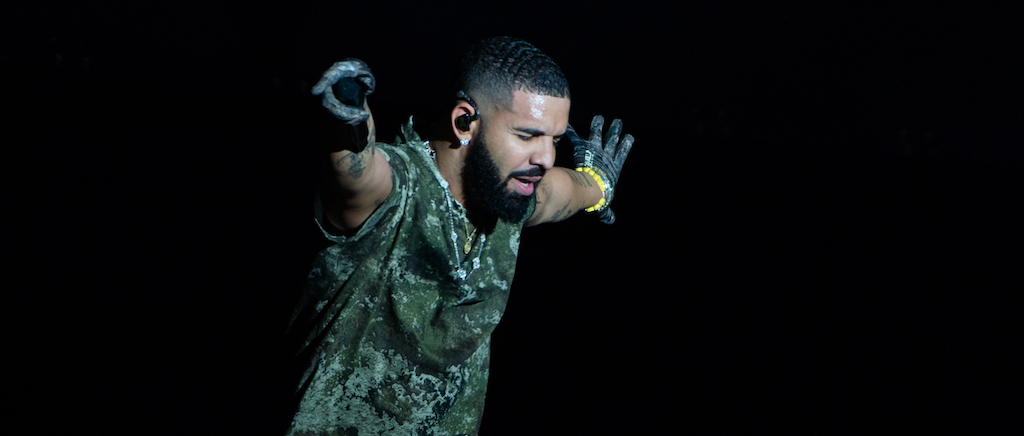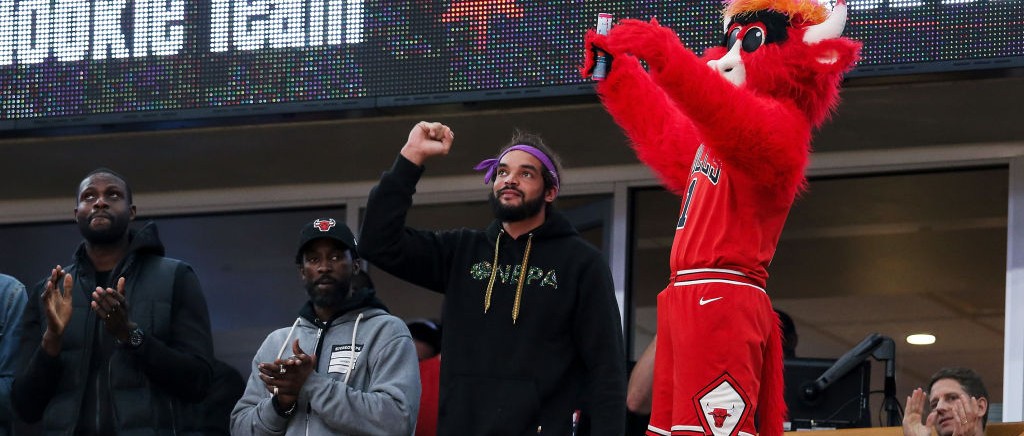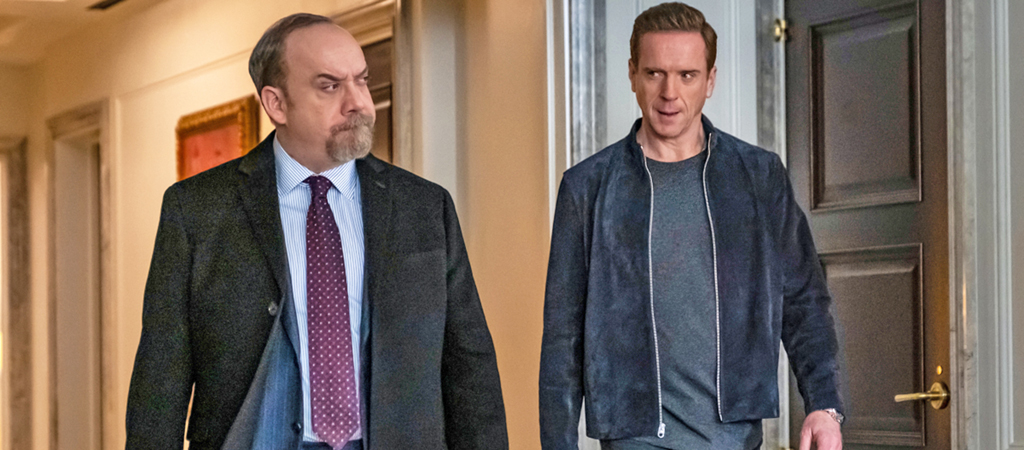
People, we’re almost done with Halloween 2021. The streaming services have been in the spooky service for a full month, and they really reach a crescendo this weekend. For that reason (and others), that’s why Paramount+ should be at the top of your list for fresh offerings. That’s where you’ll not only find the newest Paranormal Activity movie but also a new Star Trek series, a Madonna concert documentary, hedge-fund drama from Showtime’s Billions, and an expansive (and growing) archive. In today’s world, as well, so many streaming services are vying for your eyeballs, and it’s a testament to Paramount+ that they’re making marks in all quadrants, which bodes well for longevity.
In second place, HBO Max brings plenty of appeal on the romantic comedy (Love Life) and the vicarious cooking front (Selena + Chef), plus more Doom Patrol and an indie movie starring Shang-Chi star Simu Liu. Netflix offers its customary buffet (including Zack Snyder’s Army Of The Dead heist prequel), and Apple TV+ has Swagger while Peacock and Discovery+ and Disney+ and Amazon Prime come in with Halloween contenders. Here’s the best of the new streaming selections for this weekend.
Paramount+
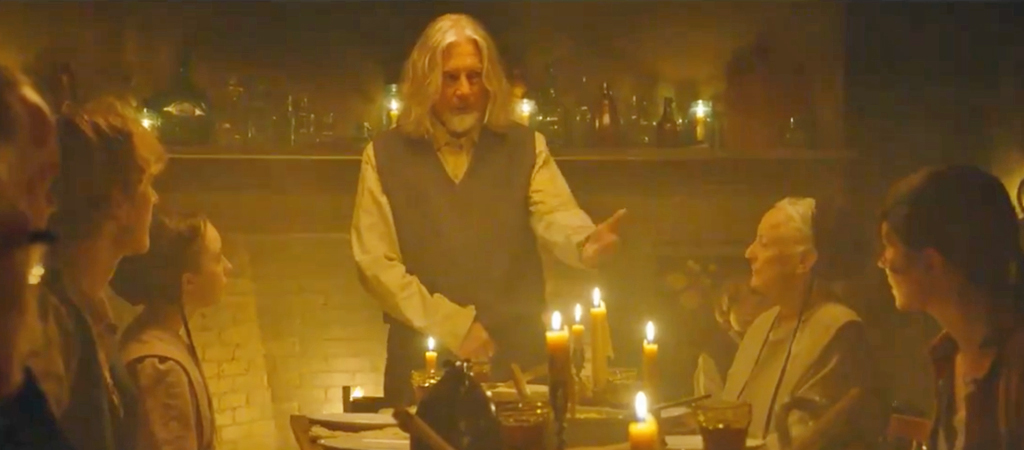
Paranormal Activity: Next Of Kin (Blumhouse film on Paramount+) — The leading player in the found-footage arena ain’t over yet. This Jason Blum-fueled franchise picks up with installment number seven and follows a young woman who’s searching to uncover what really happened when he mother disappeared many years ago. Naturally, the protagonist discovers an unsettling reality, and this seven-quel is definitely fit for spending a Halloween evening in your living room. Are ghosts scarier than being around actual people right now? You be the judge.
Star Trek: Prodigy: Season 1 (Paramount+ series) — This animated series sees the return of Kate Mulgrew’s Captain Janeway to this universe, sort of! She’ll appear in hologram form, and she’ll guide a ragtag group of alien youngsters who end up on the U.S.S. Protostar ship. Jason Mantzoukas voices one of those aliens, all of whom are outcasts and completely out of their league but ready for the Starfleet life, its ideals, and all of its inherent adventure.
Guilty Party: Season 1 (Paramount+ series) — Kate Beckinsale stars in this charming-looking dramedy series about a disgraced (and opportunistic) journalist who works to redeem herself by digging for the real story on a young mother who was convicted of murdering her husband, a crime that the mother insists that she did not commit. Expect (strangely enough) some whimsy amid this seemingly serious premise, including some adversaries that are a real pain in the butt.
Madame X (Paramount+ movie) — In this concert documentary, Madonna takes viewers on tour with her (from way back in January 2020, so pre-pandemic, obviously) all the way to Lisbon, Portugal. Her set included 48 onstage performers, including other musicians and dancers, and she’s here to share her vision with the rest of the world. Her statement on the film points towards reaching out to fans “at a time when music is so deeply needed to remind us of the sacred bond of our shared humanity.”
Billions: Season 5, Part 2 (Showtime series on Paramount+) — There ain’t no drama quite like hedge-fund-king drama, and it remains to be seen whether Bobby Axelrod and Chuck Rhoades will ever decide to stop wasting so much time hating the hell out of each other. Probably not? Yeah, that’d be no fun at all, and everyone on this show ends up getting yanked into the beef that may very well destroy them all. Everyone’s got a reason to love this show, and mine just happens to be watching Maggie Siff and Asia Kate Dillon, rather than the warring dudes. (Also, Axe is done after this season!)
HBO Max
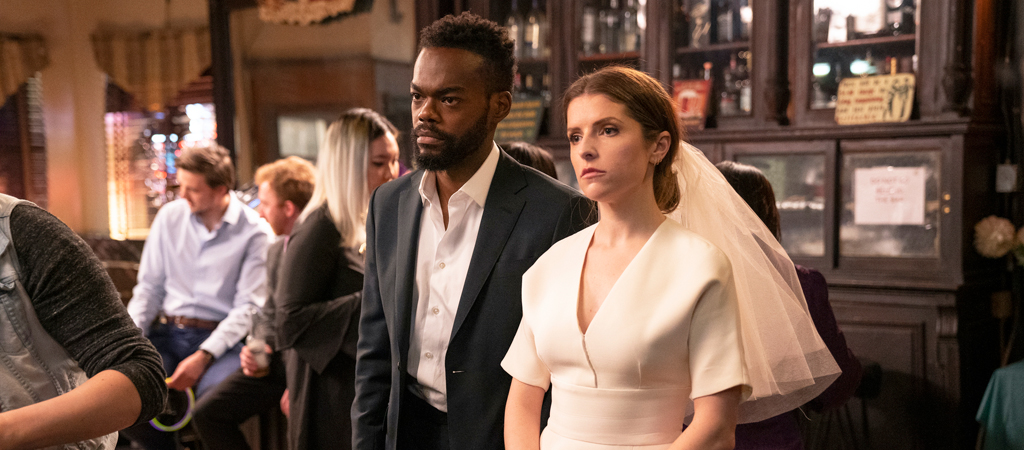
Love Life: Season 2 (HBO Max series) — Love Life ended up being the HBO Max original show to launch the service, and Season 2 is upon us with Anna Kendrick’s Darby passing the baton to a new unlucky-in-love protagonist, Marcus, who will be portrayed by William Jackson Harper. He’s still best known for playing Jacked Chidi in The Good Place. Darby’s still in the show a little bit; she got married, and who knows if she’ll actually be happy (or found herself with another a-hole), but this season will mostly focus upon the Marcus. He did the whole sunk-cost investment thing, apparently, and now, he’s finding himself in the hell hole known as the dating world. Godspeed, Marcus.
Selena + Chef: Season 3 (HBO Max series) — Selena Gomez has come a long way since her Disney days, including a recent turn in the terrific Only Murders In The Building. Here, she’s totally herself and in an environment that she loves while not pretending at all to be a chef or do anything besides love to eat. It’s delightful stuff.
Dune (Warner Bros. film on HBO Max) — Timothée Chalamet, Zendaya, Jason Momoa, Oscar Isaac, Jessica Chastain, and Stellan Skarsgård playing a 300-pound villain. Oh, and sandworms and spice, too. What more could you possibly want? Well, how about an interpretation of Frank Herbert’s classic from director Denis Villeneuve? That’s more like it, especially because David Lynch would love to pretend that his version never existed. Expect a mythic and epic and world-building journey of a hero, Paul Atreides (Chalamet), who must live up to his incredible destiny. No pressure, of course.
Women is Losers (HBO Max film) — If you loved Shang Chi and the Legend of the Seven Rings, then be sure to check out Simu Liu’s newest movie, which debuted at this year’s SXSW festival. This 1960s-set drama costars Lorenza Izzo and revolves around Izzo’s former Catholic schoolgirl, who attempts to rise beyond stereotypes and oppression and poverty and really, you know, go somewhere. If the title sounds familiar, that’s because the movie’s named after Janis Joplin’s song of the same name.
We’re Here (HBO series on HBO Max) — Nope, you’re not looking at a photo of Beyoncé. This ^^ would be the fabulous Shangela (of RuPaul’s Drag Race fame), who’s back with the rest of the Queens (including Bob and Eureka) in Spartanburg, South Carolina after COVID interrupted the first round. In Season 2, the trio will continue to recruit small-town residents (in this case, that would be Noah, Faith, and Olin) and train them for onstage moments that they never dreamed possible.
Doom Patrol: Season 3 (HBO Max series) — DC’s struggling misfit superheroes are back for another round. Brendan Fraser has received plenty of raves for his fury-filled Cliff Steele/Robotman, but don’t count out the rest of the crew. There’s Matt Bomer as the bandage-wrapped Negative Man and Diane Guerrero as Crazy Jane, which is actually a role that requires Diane to play dozens of incarnations, including a timely take on a Karen. This season, the sh*t hits the fan with a time machine.
Netflix
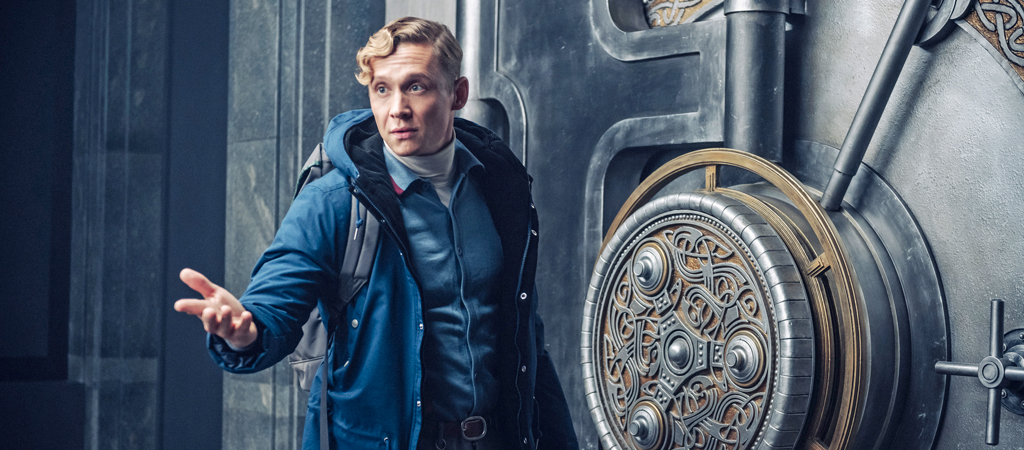
Army Of Thieves (Netflix film) — Netflix bet on dead with Zack Snyder’s Army of the Dead, and that bet apparently paid off handsomely, which is a good thing because there’s already a prequel in the can. Matthias Schweighöfer returns to the franchise as Dieter, a then-bank teller who’s recruited by Nathalie Emmanuel (who promises “a life less ordinary”) to begin his heisting career. Of course, this prequel isn’t entirely devoid of zombies, but the focus is on those safes, which are cracking.
Colin in Black & White (Netflix limited series) — Ava Duvernay and Colin Kaepernick both executive produce this coming-of-age story that also wades into the hefty issues that Kaepernick does not shy away from on and off the football field. Expect an exploration of race, class, and culture as Young Colin transforms into an NFL quarterback and an indisputable icon, all against the backdrop of cultural and historical touchstones.
Hypnotic (Netflix film) — When a young woman decides to aim for self-improvement, she visits a widely-respected hypnotist, and everything soon goes wrong. Intense sessions and deadly consequences are afoot, all after her own personal trauma. Will she ever recover, even with the help of a detective who can help her solve a mystery that apparently erupted from her consciousness after being buried for so long? The spooky season continues.
Night Teeth (Netflix film) — Debby Ryan and Lucy Fry play the lead-character vampires of this film, but there are also vampires played by Megan Fox and Sydney Sweeney, so you know what that means: any human in their sights is in big trouble. That includes a college-student-turned-chauffeur, Benny (Jorge Lendeborg, Jr.), who’s tasked with driving the two primary vamps around to parties, where they can get their thirst on. Can Benny stay alive, can he save Los Angeles, and can he possibly do both things? Talk about a guilty pleasure of a movie.
Apple TV+
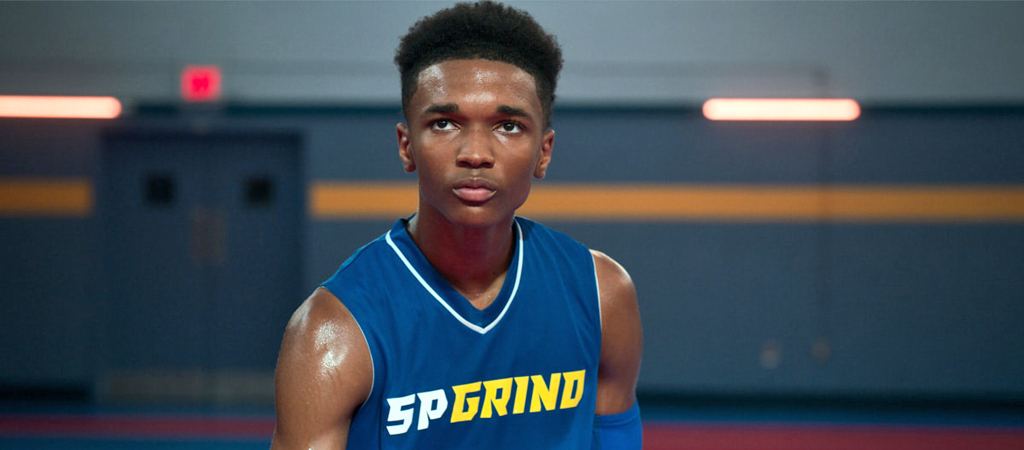
Swagger: Season 1 (Apple TV+ series) — Get ready, sports-drama fans. This show’s inspired by Kevin Durant’s pre-NBA experiences, and more specifically, it examines early ambition and dreams and the fine line between those two things, along with the comparable delineation between opportunism and corruption on the grown-up side. The cast includes Isaiah Hill, O’Shea Jackson Jr., and Oscar nominee Quvenzhané Wallis, all of whom are bringing some truths on the experience of coming in age in America. With the talent involved here, don’t be surprised to be sucked in, even if you aren’t exactly watching NBA games.
Invasion: Season 1 (Apple TV+ series) — Apple TV+ has been crushing the outer-space game with All For Mankind, and with this Simon Kinberg sci-fi show, they’re bringing the (dubious) party to planet Earth. Kinberg, of course, has plenty of producing clout under his belt (The Martian, the Deadpool movies, Logan) and he’s teaming up here with procedural-minded director Jakob Verbruggen (The Alienist, The Fall) to focus on individual stories around the globe during the fallout of an alien invasion. There’s some Sam Neill flavor up in here, too, and if there’s a god, he’ll be wearing a hat in this show. Yes, it’s intense-looking show, and the fate of humanity hangs in the balance.
The Problem With Jon Stewart (Apple TV+ series) — Jon Stewart’s return to TV fast approaches, and it could be argued that he’s never been needed more on TV than this particular moment. The former The Daily Show host will be doing the current-events thing with an episode every two weeks, which isn’t as frequent as fans might prefer, but we’ll trust the process. According to Apple TV+, viewers can expect Stewart to go deep on a single subject per episode with a “solutionary” approach, and yes, there are jokes.
Discovery+
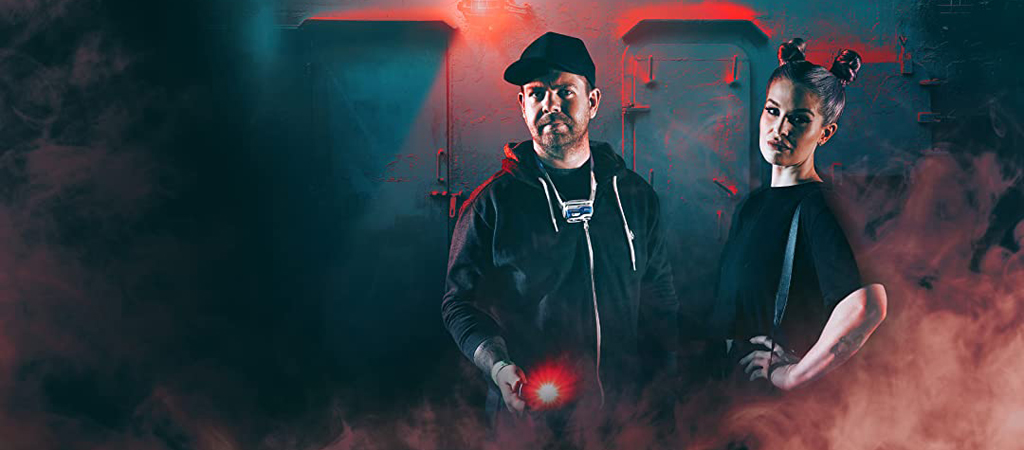
Jack and Kelly Osbourne: Night Of Terror (Discovery+ special) — The famed RMS Queen Mary becomes ground central for these two siblings (and kids of Ozzy and Sharon) as they journey into the unknown. Given that the ghost-filled ship shut down for the COVID pandemic, things are even spookier as filmed for this series because no one is (officially) touring, and they’re all alone. So, good luck to both the formerly skeptical Kelly and the true-believing Jack as they make their ways down this famed Long Island haunting venue.
Eli Roth Presents: A Ghost Ruined My Life: Season 1 (Discovery+ series) — Eli Roth has so much going on over at Discovery+ this month (following his recent real-life horror/Shark-Week film on the streamer) that one has to wonder… is he running the joint? It’s a valid question, but more to the point, this series present personal accounts on those who have survived feeling like they’re been dragged through hell and fought their way back.
The Haunted Museum: Season 1 (Discovery+ series) — More Eli Roth stuff. Here, he’s teaming up with Ghost Adventures host Zak Bagans for this scripted anthology series, in which they illuminate nine of the world’s most cursed artifacts. These relics are actually in display in Bagans’ Vegas museum, but here, you’ll get the historic commentary in addition to having the pants scared off of you.
Peacock
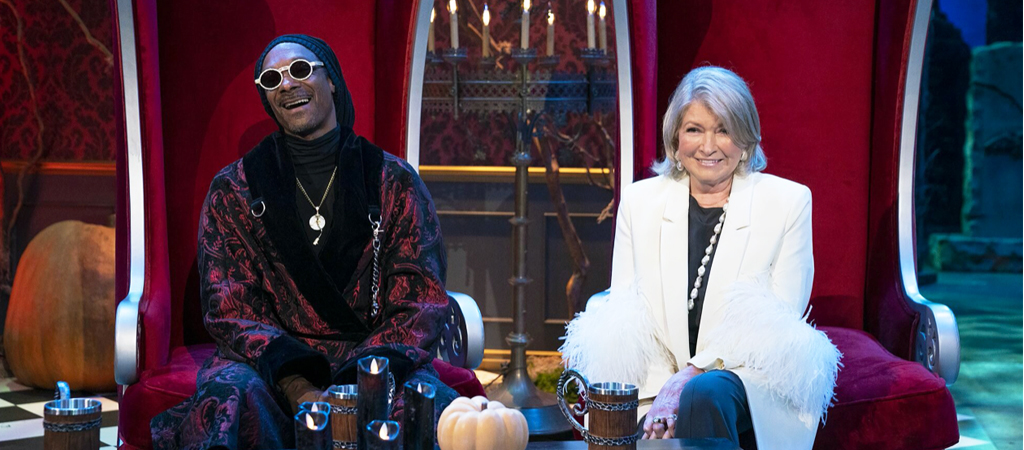
Snoop and Martha’s Very Tasty Halloween (Peacock special) — The dynamic duo re-teams again, this time to host a baking competition that’s geared toward the spookiest holiday of all. Expect to see giant chocolate spiders and cotton-candy cobwebs, all packed into room-sized, edible creations. These two have been tight since their inaugural recipe, mashed potatoes, so there’s simply no turning back, ever.
Halloween Kills (Universal movie on Peacock) — A horror blockbuster is here to spook you in your living rooms, y’all. Michael Myers survives that damn fire, which leads to a fully-had-it-up-to-here mindset of Jamie Lee Curtis’ Laurie Strode, who’s mad as hell at firefighters and vowing that Michael Myers is going down. If it was a matter of wills and badassery, she could make it happen, but that’s not how things usually roll out in this franchise. David Gordon Green directs again here, and he’ll be back for Halloween Ends, so good luck, Laurie.
Amazon Prime
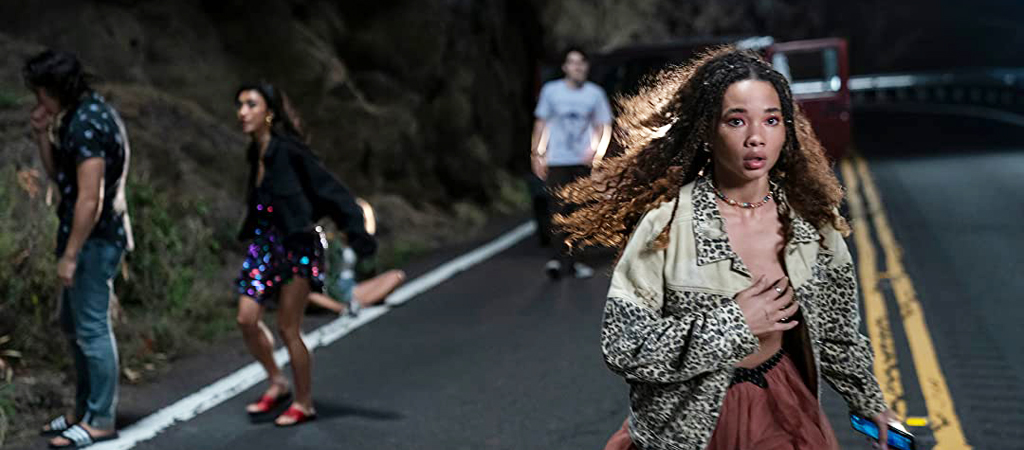
I Know What You Did Last Summer: Season 1 (Amazon Prime series) — Sure, you remember the 1997 film and perhaps you’re aware that that was based upon the 1973 novel by Lois Duncan, but this Amazon Studios collaboration with Sony Pictures Television wants you to relive the nightmare once more. Obviously, this version doesn’t have Jennifer Love Hewitt, Sarah Michelle Gellar, or Freddie Prinze, but these teens seem more twisted by nature than the O.G. bunch, so perhaps that will add some shading to justify reviving their shared dark secret as they aim to survive.
Welcome to the Blumhouse: Madres/The Manor (Blumhouse films on Amazon Prime) — This week’s Halloween-themed double dose follows a Mexican-American couple (in 1970s California) who are weathering a troubled pregnancy while being besieged by horrific visions, which might be part of a legendary curse. Then, a woman moves into a famous nursing home, where a supernatural force might be controlling all residents. She’s unable to escape her confines, and no one believes her. Sounds like hell.
Hulu
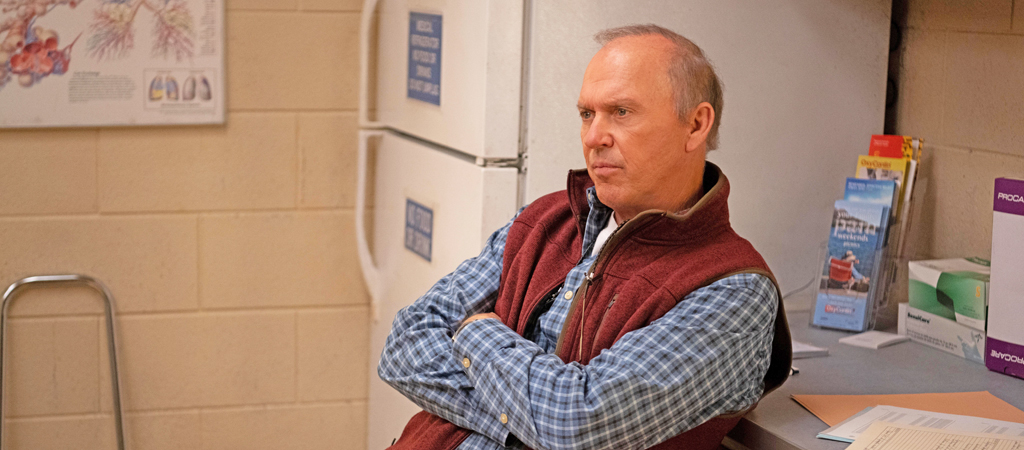
Dopesick: Season 1 (Hulu series) — Michael Keaton (who is still the greatest Batman in history, so don’t mess with him in any role) finally comes to TV beyond cameo mode. Here, he takes on Big Pharma as a physician whose patients are dying off amid an opioid epidemic, and Rosario Dawson portrays one of the heroes who want to take the makers of Oxycontin down. The title of the source material (Dopesick: Dealers, Doctors and the Drug Company that Addicted America, the book by Beth Macy) tells you a lot, and the cast includes Michael Stuhlbarg and Kaitlyn Dever, who’s all over TV now and making Justified‘s Loretta proud here.
The Next Thing You Eat: Season 1 (Hulu series) — Chef David Chang teams up with director Morgan Nevill for six episodes that follow seismic changes in the way we eat. There’s a global perspective, and expect to see robots and lab-grown food and all manner of other surprises.
Disney+
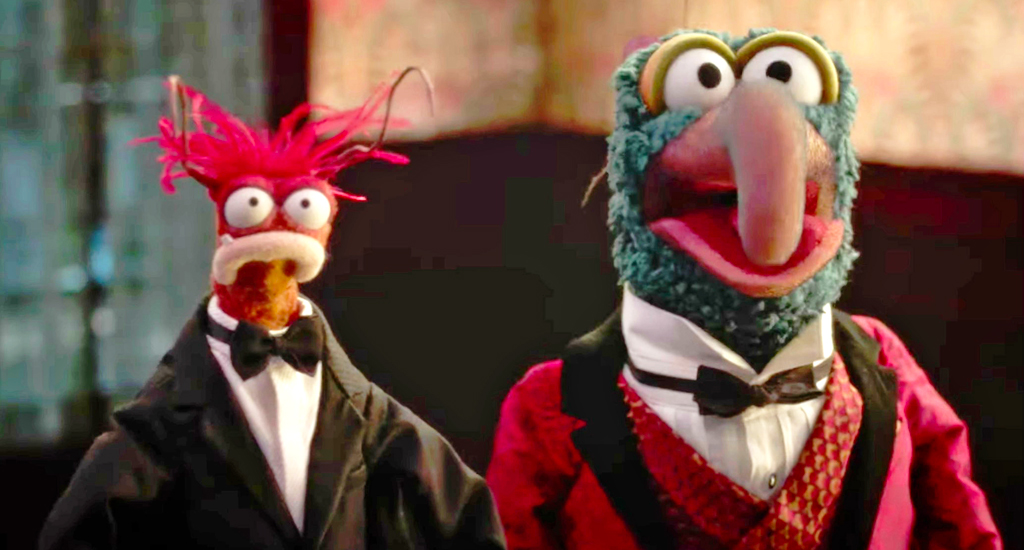
Just Beyond: Season 1 (Disney+ series) — This horror-comedy anthology bases itself on R.L. Stine’s BOOM! Studios comic book series of the same name. Expect plenty of supernatural journeys (with a personally affecting touch) through alternate dimensions with witches, aliens, and ghosts onboard.
Muppets Haunted Mansion (Disney+ special) — After several Muppets-themed Christmas offerings, it’s about time that we’ve received a spooky installment, and let’s face it, more Miss Piggy is always a good thing. Gonzo takes center stage here while attempting to survive the evening in (according to the synopsis) “in the most grim grinning place on Earth.” The special’s actually inspired by all four of the Disney Haunted Mansion attractions that are scattered around the globe, and three original songs (“Rest In Peace,” “Life Hereafter” and “Tie The Knot Tango”) will surface, along with plenty of celebrity cameos along with the all-star Muppets cast.

